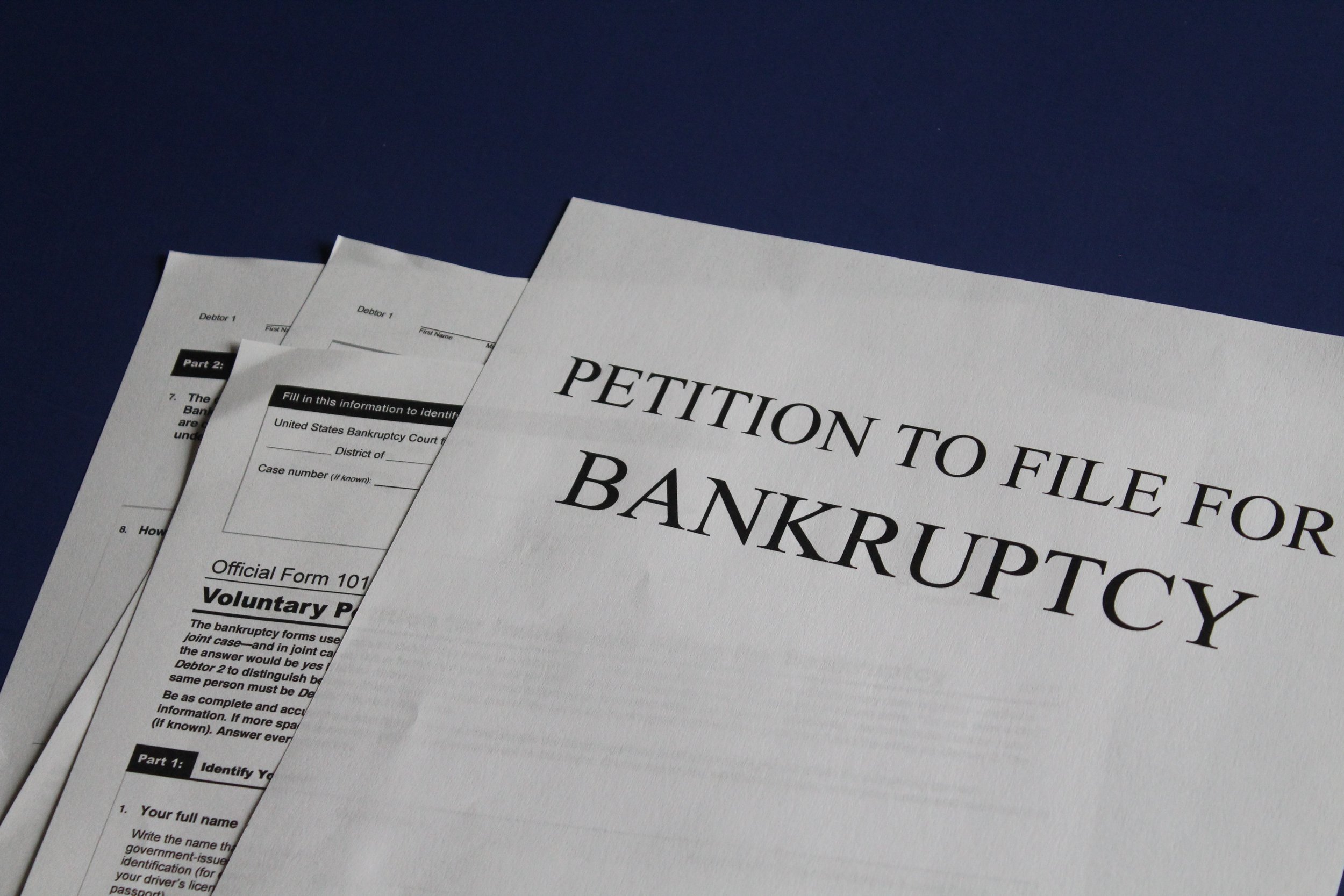PeerStreet Lending Platform Failure
Photo by Melinda Gimpel on Unsplash
This has been a tough and unexpected market for many in private lending. When cheap capital dries up, operations that are not sound and are run by inexperienced management are sure to fail. Recently, PeerStreet, a Fintech platform offering private debt for real estate, filed for Chapter 11 Bankruptcy. They claimed to be the "first accessible distressed-debt investment platform," but their portfolio consisted of many other forms of loans. They acted as a broker, sourcing loans and matching them with lenders and investors on their platform, and maintained servicing in-house.
The broad reason given for the failure of the platform according to many news articles was, “surging rates, reduced demand for mortgages, and declining institutional buyers’ appetite for below-current-market-rate loans.” PeerStreet originated/brokered $695.8M in 2021, $385M in 2022, and only $5.4M in 2023. That is an epic fall in loan flow, and likely due to more than just rising rates.
“Most failures in alternative investments are operational and not investment related.”
PeerStreet received $90M in VC funding and a $3.7M PPP loan. According to the filing they have roughly $100M in liabilities and roughly $22M in the bank. You can blame rising interest rates and hardships of the market for only so much. It seems a significant component of this failure was operations and poor company management. This reflects what we address in many of our webinars and interviews, most failures in alternative investments are operational and not investment related. In PeerStreet’s case, it might have been a bit of both.
As 2022 approached, everyone knew interest rates would increase. However, no one expected them to rise as quickly and drastically as they did. Regardless, the underwriting procedures and safety protocols at PeerStreet did not leave much room for unexpected macroeconomic events, such as rapidly rising interest rates. According to a court affidavit, only $93M out of $220M in loans in PeerStreet's portfolio are performing. That is a default rate of 57.7%. Why isn't this happening at other lenders? Either PeerStreet's underwriting was flawed, or they misrepresented the safety of their loans. Now of course there is another possibility, more failures from large lending platforms are yet to come.
“We have taken advantage of surging rates with our twelve-month bridge loans that allow us to reinvest money into higher rates, benefiting our investors.”
PeerStreet lending and the lack of adaptability in changing times is unlike the procedures and type of lending done via the Kirkland Income Fund. We have taken advantage of surging rates with our twelve-month bridge loans that allow us to reinvest money into higher rates, benefiting our investors. We have seen an increase in demand for loans, not a decrease, in the secondary and tertiary markets. We also do not have the counterparty risk as associated with the PeerStreet platform, as we are not dependent on outside capital to pay fund manager operations, nor do we use credit lines to generate the returns the Kirkland Income Fund has achieved.
Reach out to talk further about the PeerStreet issue or about alternative investments, private lending, risk, real estate, or the Kirkland Income Fund.

